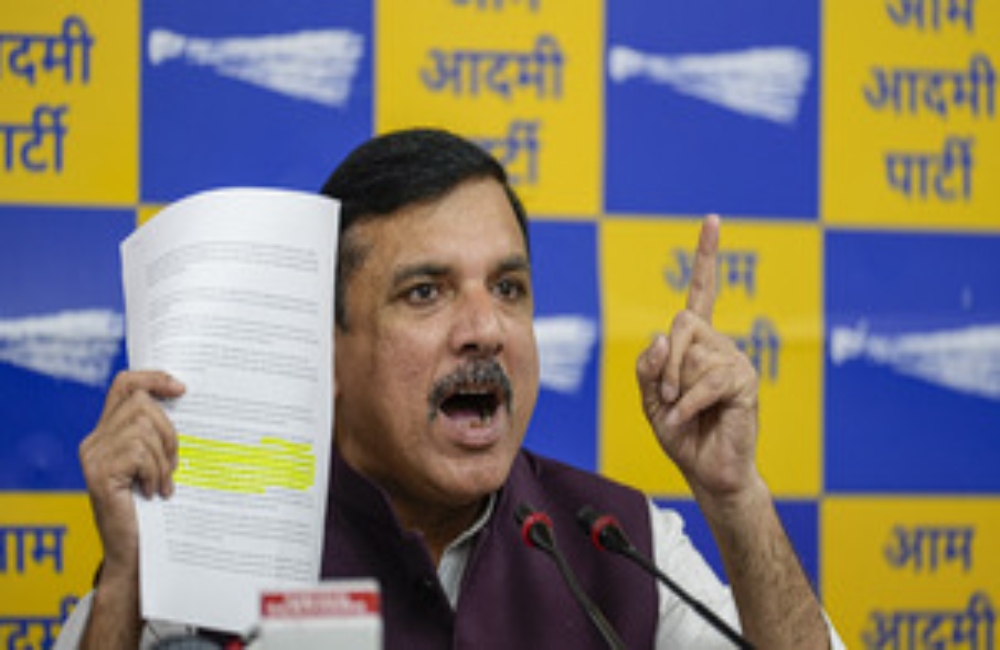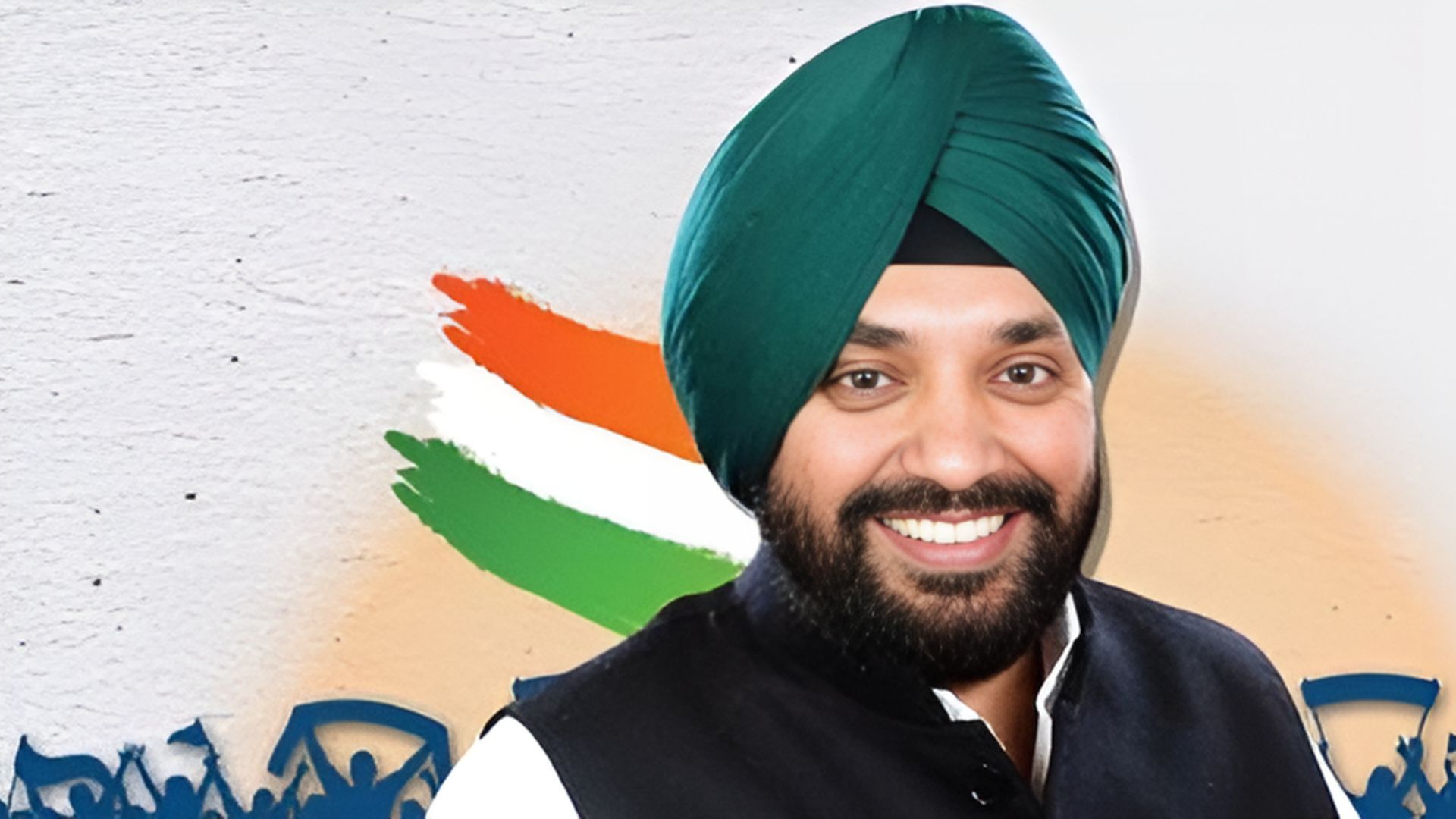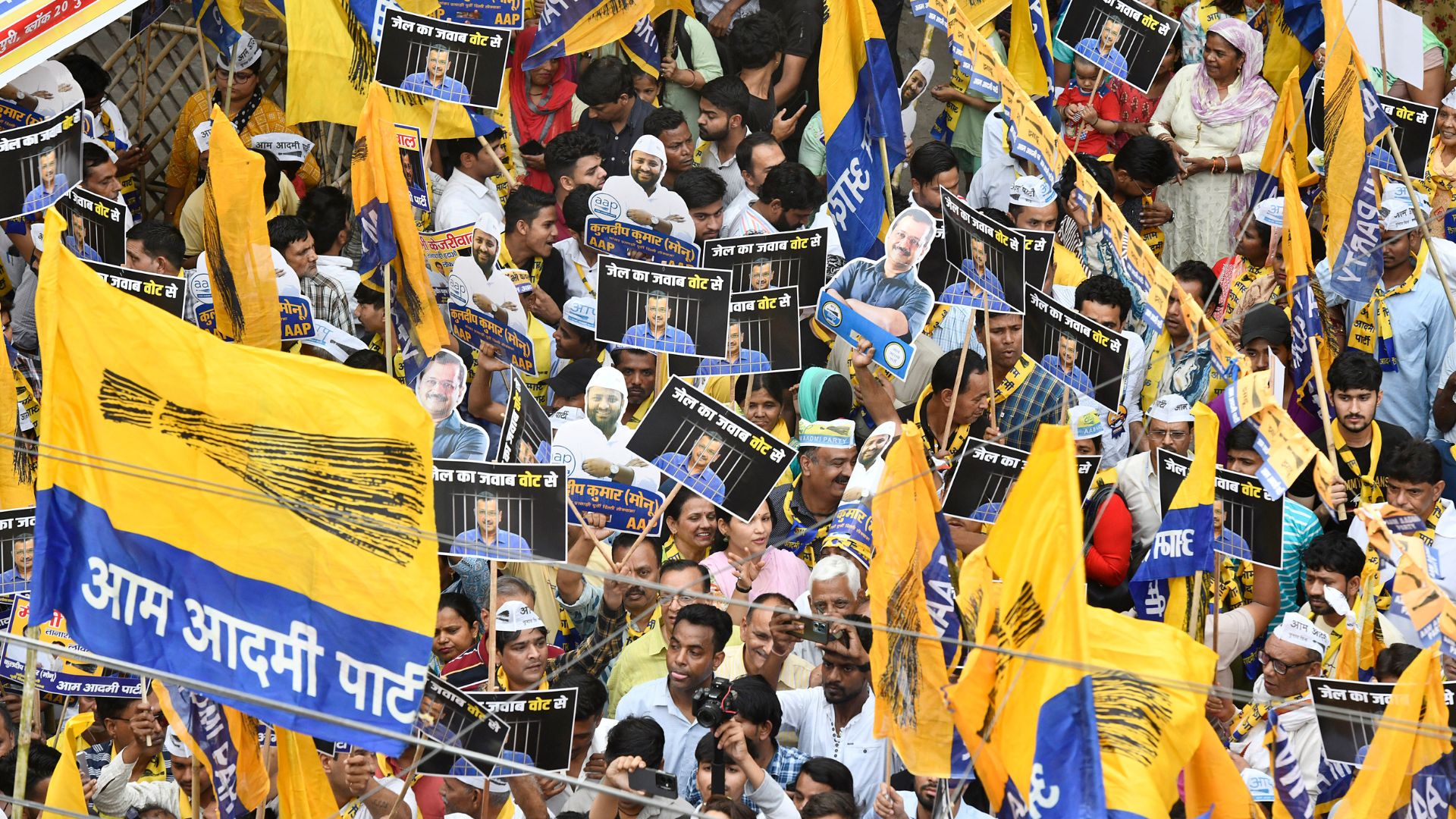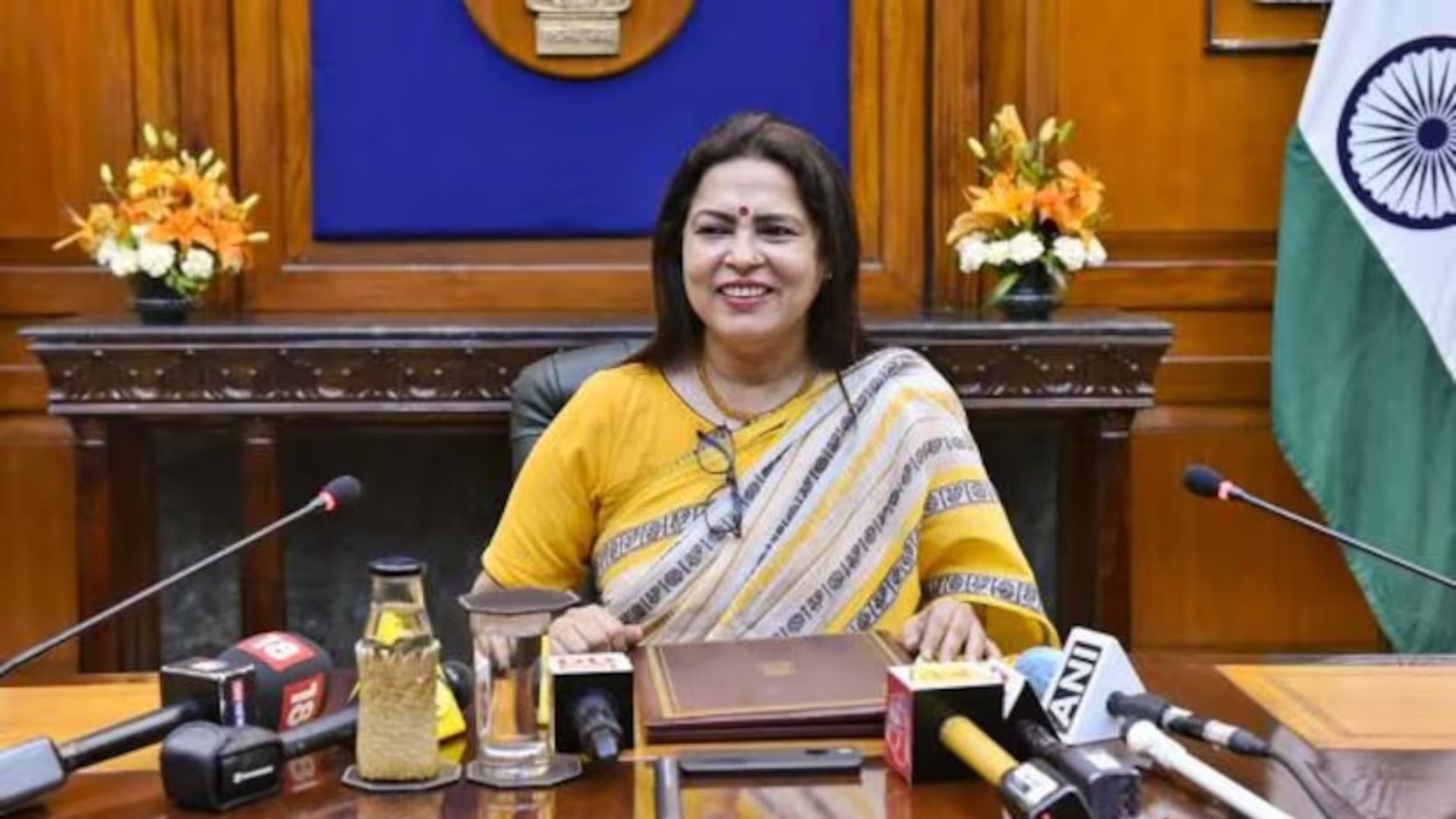




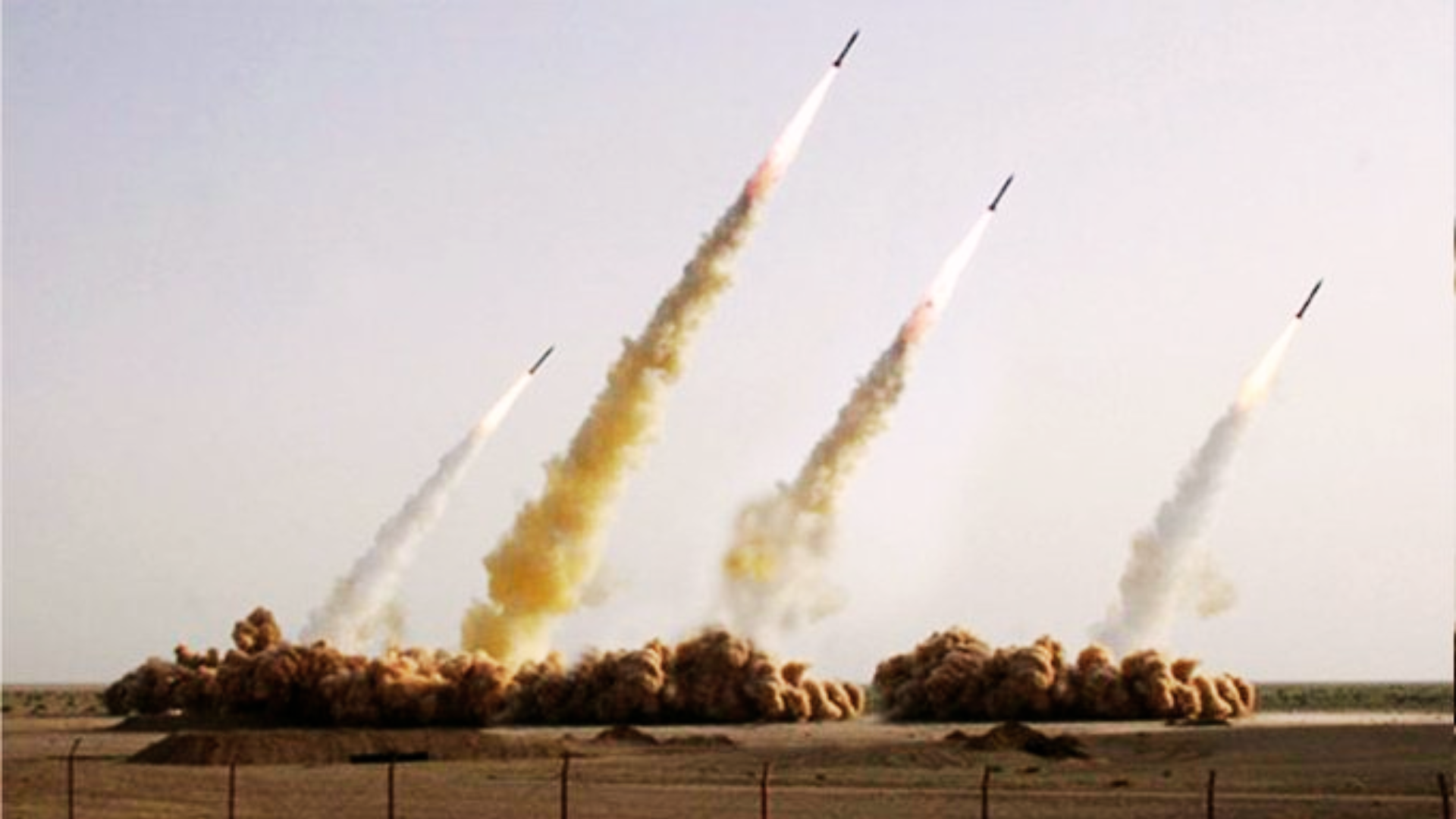
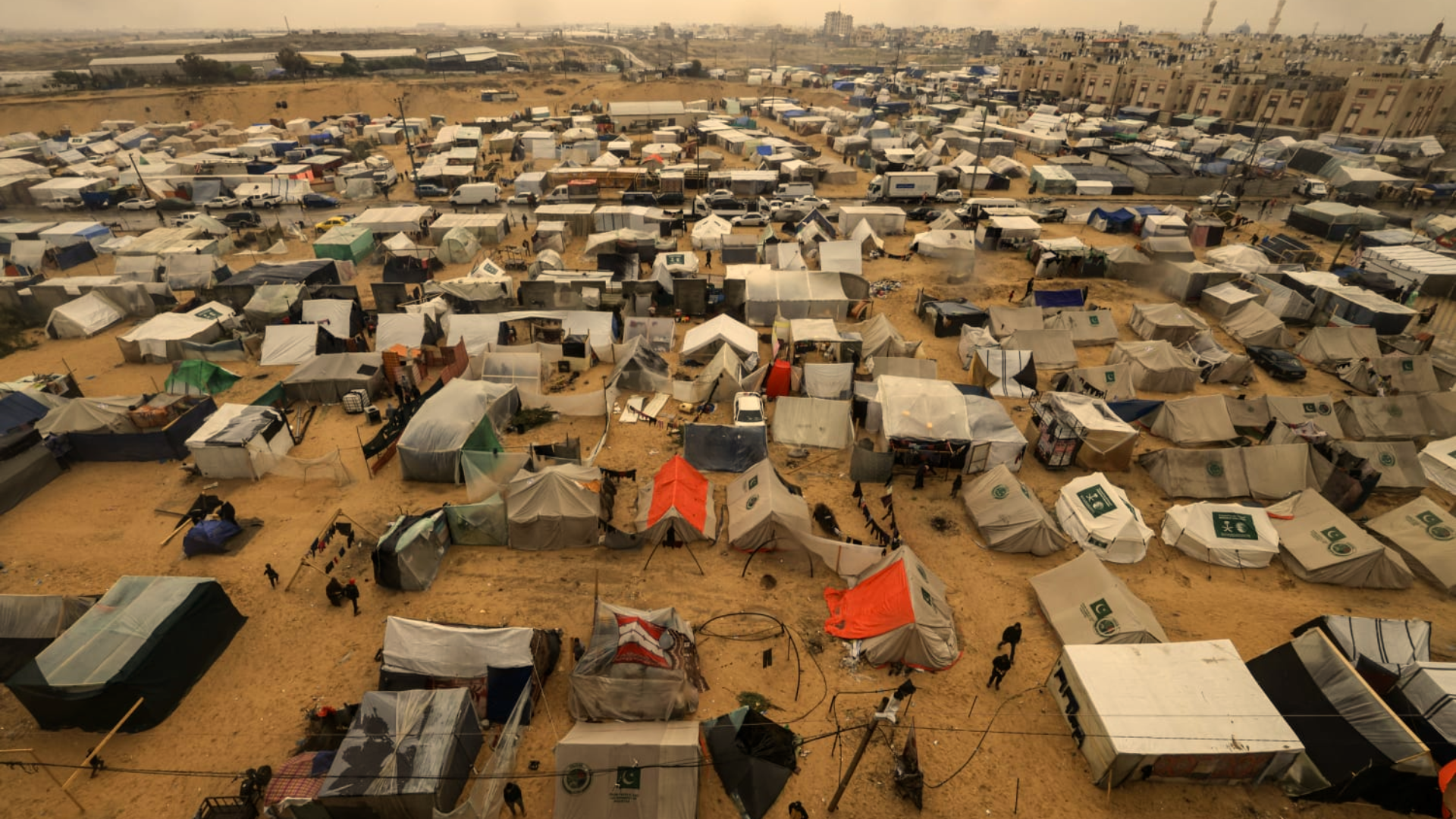
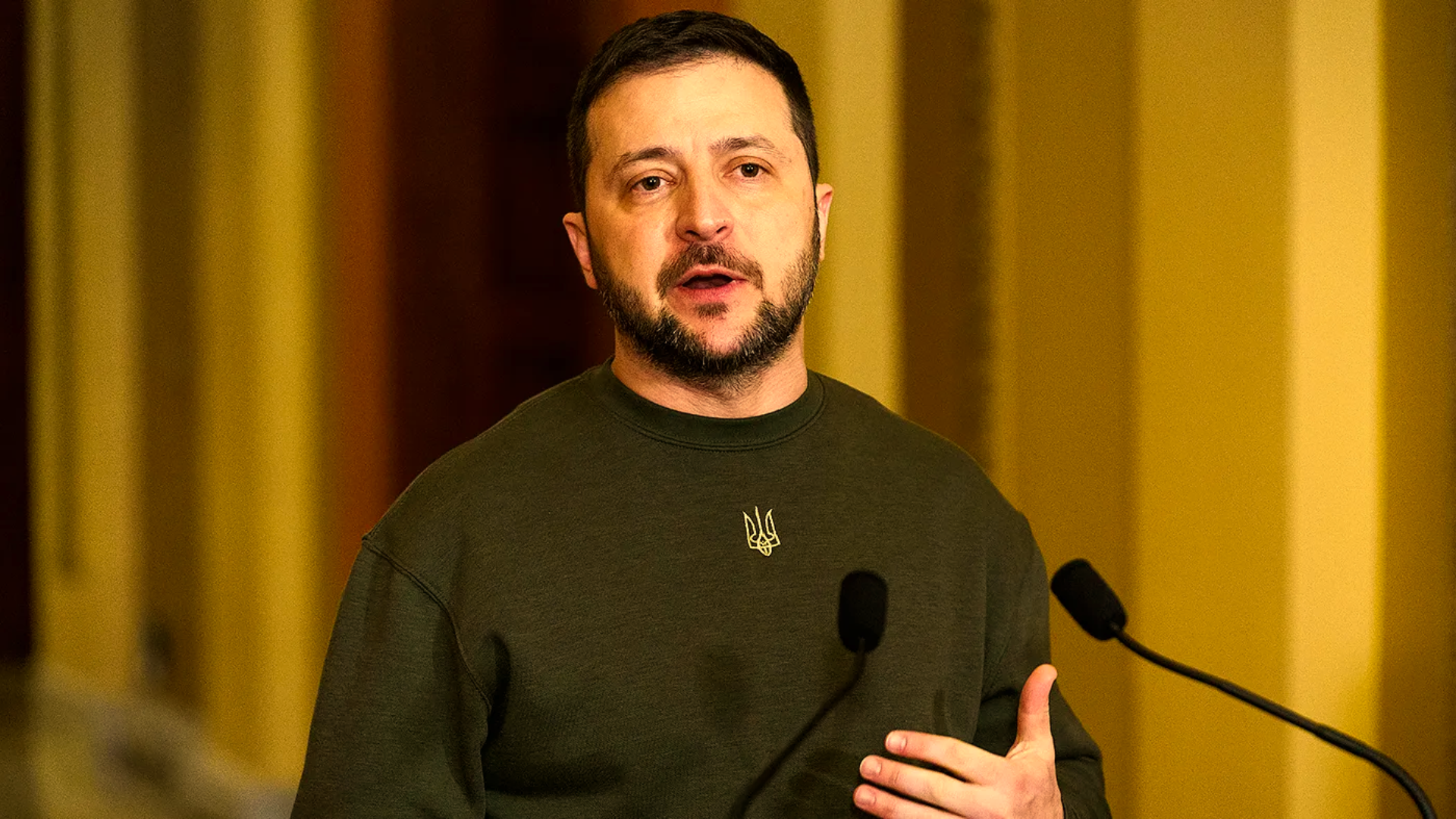
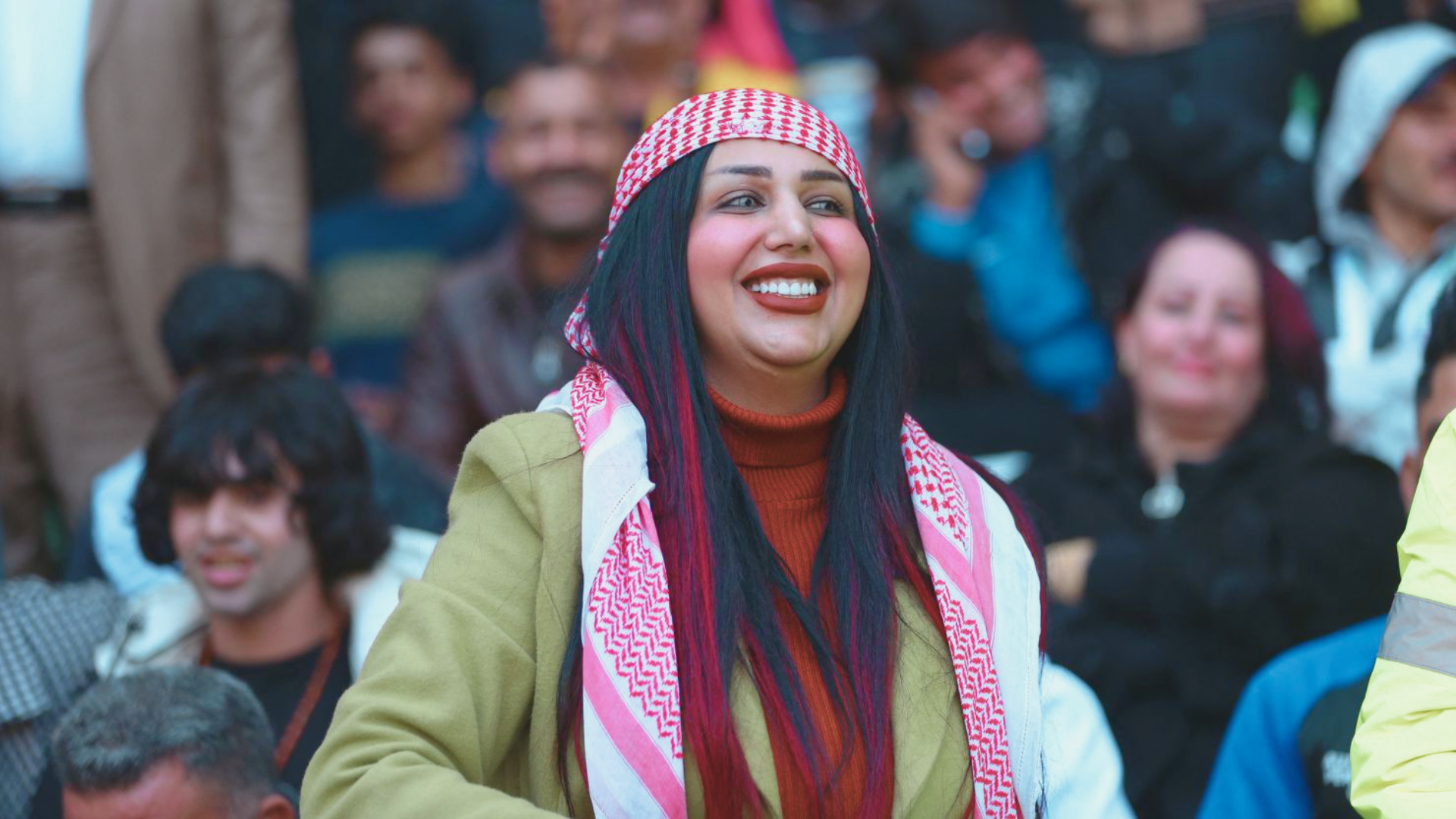

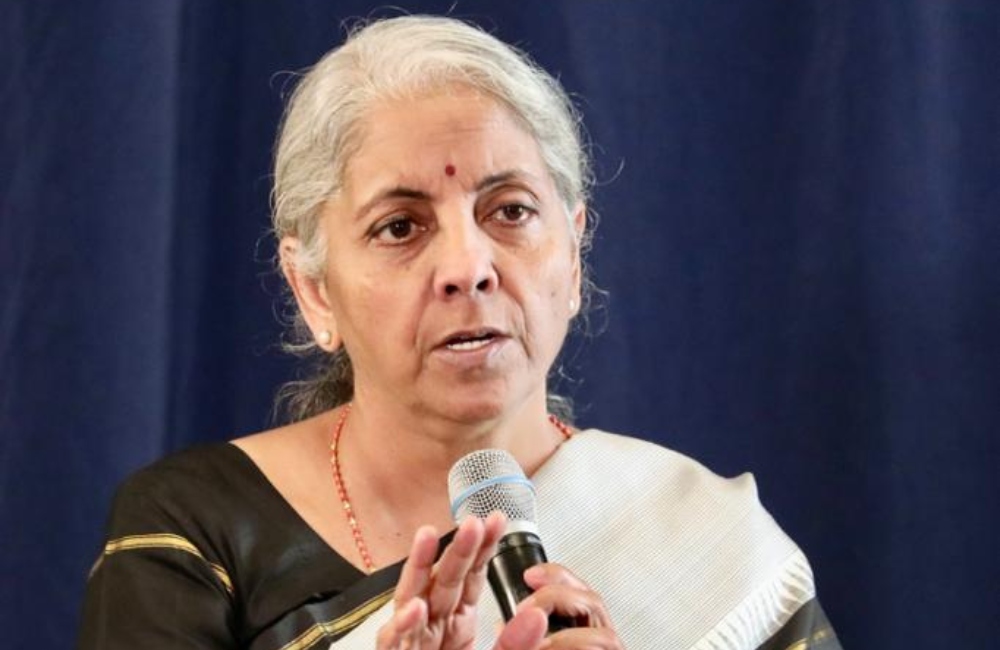
Union Finance Minister Nirmala Sitharaman described Global Financial Architecture as a “very important area,” and stated that several sessions will be held during India’s G20 Presidency to get into the details of how we want to look at the financial architecture itself. She emphasized that there have been numerous discussions about what the next steps should be to strengthen the global financial architecture. Responding to media questions on the margins of the second G20 finance ministers and central bank governors’ meeting in Washington on Thursday (local time) on the next steps on International Financial Architecture reform, which is also one of India’s G20 Presidency themes.
Sitharaman said, “That is a very important area. In fact, there have been a lot of discussions, getting into details on how the global financial architecture should be strengthened and what are the next steps and so on. Through the India presidency, we will be having several sessions to get into the details of how we want to look at the financial architecture itself.”
On the Multilateral Development Banks (MDBs), the Finance Minister said, “If I may add, the expert group which is looking at the MDBs (Multilateral Development Bank) reforms, is also actively looking at the reforms and actively progressing in this direction. They had one meeting after the terms of reference were agreed upon by the G20 members. they are now here also sitting together with diff members getting their input.”
At this point, I can identify the next steps, but I believe it will be decided once the conversations take place here and we come up with a plan of action, Sitharaman added. The Union Finance Minister spoke at a press conference about ongoing meetings in the United States. She stated that it is the second of the G20 finance ministers and central bank governors’ meetings under the Indian Presidency, held on the eve of the 2023 spring meetings of the International Monetary Fund (IMF) and World Bank Group.
She stated that approximately 350 delegates and representatives from various international and regional organisations attended the meeting. It was co-chaired by the governor of India’s central bank, the Reserve Bank of India (RBI), and Sitharaman.
During the press conference, Ajay Seth, the Ministry of Finance’s Economic Affairs Secretary, stated that the World Bank has made significant progress in this process, and that other MDBs are looking into it as well.
“On one side, there is traditional development agenda which is sustainable development goals, and there is an unfinished poverty agenda settled in a larger number of LICs. At the same time, there are new challenges, which are 21st-century challenges around climate action issues are there,” Ajay Seth asserted.
Talking further, the Economic Affairs Secretary also laid emphasis on the capital adequacy framework (CAF) in all MDBs and said, “All that needs to be taken forward. it is a good first step that has been met. thereafter there is an active discussion going around the capital adequacy framework (CAF) in all MDBs that ministers endorsed last year. I will say not almost all, all MDBs are working towards the CAF implementation.”
Day 1 of the second G20 Finance Ministers and Central Bank Governors (FMCBG) meeting, held in Washington on Thursday (local time) as part of the International Monetary Fund (IMF) and World Bank (WB) Spring Meetings 2023, saw Session 1 on Global Economy and International Financial Architecture.
The FMCBG meeting also discussed key challenges to the Global Economic Outlook and explored potential areas of policy coordination on pressing global issues, in addition to exchanging views on how to accelerate progress on deliverables envisioned during India’s G20 presidency.
According to the finance ministry, Sitharaman discussed progress on the agenda of strengthening multilateral development banks (MDBs), including hearing from MDBs on the implementation of recommendations of the Capital Adequacy Framework Review Panel, and sought G20 member views on the way forward of the expert group on strengthening MDBs set up by the G20 India Presidency.




